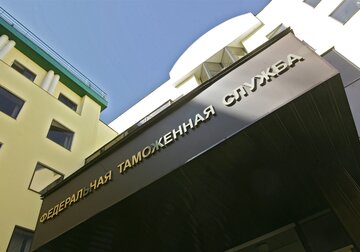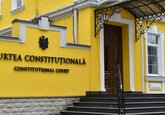
The duty-free regime for deliveries of Moldovan fruits and vegetables, canned food and wine products to the Russian Federation ceased operating on April 1.
It should be noted that previously this preferential regime, providing for a zero duty and returned from the beginning of 2019, was renewed every six months. According to the latest decision of the Russian government, a zero duty applied to the import from Moldova of vegetables and some edible roots and tubers, apples, pears, quince, apricots, cherries and cherries, peaches (including nectarines), plums and blackthorns, sunflower seeds, canned vegetables, natural grape wines (including fortified) until March 31, 2021. The Government instructed the Federal Customs Service of the Russian Federation to monitor monthly deliveries, and the Ministry of Economic Development, the Ministry of Foreign Affairs and the Ministry of Agriculture were instructed, if necessary, until March 15, 2021 to make proposals to change the deadline for the application of the zero duty. However, at the moment there are no official reports on the extension of the preferential supply regime. The chairman of the Party of Socialists Igor Dodon said that efforts are being made at the inter-party level to continue this export regime after March 31. According to him, the chairman of the Moldovan parliament, Zinaida Grecianii, appealed to Russian President Vladimir Putin, and Aureliu Ciocoi, the Acting Prime Minister, wrote a letter to Russian Prime Minister Mikhail Mishustin. As InfoMarket reported earlier, customs duties on the import of fruits and vegetables, wine and other food products from Moldova to the Russian Federation were introduced at the end of August 2014 after Moldova signed an association agreement with the EU on June 27, 2014, providing for the creation of a free trade zone between them. Russia, fearing the re-export of European goods, then imposed customs duties on goods from Moldova on 19 export items, including wine, vegetables, meat and canned products. The abolition of duties on the import of a number of categories of agricultural products from Moldova to the Russian Federation was the result of a personal agreement between the former head of the Moldovan state Igor Dodon and Russian President Vladimir Putin in 2018. Thanks to this privilege, Moldovan producers save from 300 to 500 million lei a year. // 01.04.2021 - InfoMarket







